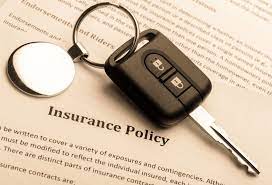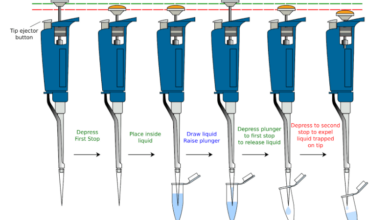What Happens When Car Accident Claim Exceeds Insurance Limits

When What Happens When Car Accident Claim Exceeds Insurance Limits you’re in an accident and the other driver doesn’t have insurance, it can be devastating. Not only are you dealing with the physical pain of the accident, but you may also be left with a lot of financial stress. In this blog post, we will explore what happens when car accident claim exceeds insurance limits. We will discuss the different options available to you and the importance of having quality counsel.
What is an auto insurance claim?
If your car insurance policy limits the amount of money that you can spend on a car accident claim, you may have to pay back the excess in order to receive full benefits from your insurance company. You may also be required to pay interest if you do not pay back the excess within a certain timeframe. If you cannot afford to pay back the excess, you may be able to reduce or suspend your car insurance premiums for a period of time.
What are the different types of auto insurance claims?
There are different types of auto insurance claims, and each one has its own set of parameters that must be followed in order for a claim to be processed. Some common types of auto insurance claims are: property damage, bodily injury, and collision. Each type of claim has its own set of requirements that must be met in order for the claim to be valid.
The requirements for a property damage claim vary depending on the state in which the accident occurred. In general, however, a property damage claim must show that the vehicle was damaged as a result of the accident. This can be done through photographs or video evidence, eyewitness testimony, or physical evidence such as broken windows or denting in the bumper. Depending on the state, a property damage claim may also require proof of financial loss due to the accident.
The requirements for a bodily injury claim are more specific than those for a property damage claim. In order to make a bodily injury claim, you will typically need to provide medical documentation showing that you were injured as a result of the accident. This documentation can include X-rays or photographs documenting your injuries. You may also need to provide witness testimony testifying to your injuries and the circumstances surrounding the accident. In some cases, you may also need to prove financial losses due to your injuries.
A collision claim requires that both vehicles involved in the accident be registered with auto insurance companies. The vehicle at fault (the one that caused the other vehicle to crash)
Factors that increase the chances of having a successful auto insurance claim
When you file a car accident claim, you want to make sure that you are doing everything possible to maximize the chances of securing a successful outcome. Here are four factors that can increase your chances of success:
1. Seek Professional Assistance from an Attorney
If you have been injured in a car accident, it is important to seek professional assistance from an attorney. An attorney can provide guidance and support throughout the claim process, and can help ensure that all relevant evidence is gathered and reviewed.
2. Comply with Vehicle Damage Documentation Requirements
If your car has been damaged in the accident, be sure to comply with vehicle damage documentation requirements. This includes documenting any damage to the car itself (such as broken windows), as well as any injuries suffered by passengers in the car. Failure to comply with these requirements could lead to delays in your claim process or even denial of coverage altogether.
3. File a Claim Promptly after Accident Occurs
If you suffer injuries in a car accident, be sure to file your claim promptly after the accident occurs. Filing a claim early will help ensure that all relevant evidence is available, and will also minimize the chance of delays or denial of coverage.
4. Submit All Relevant Evidence Carefully and Completely
Be sure to submit all relevant evidence carefully and completely when filing your car accident claim. This includes not only medical records and eyewitness testimony, but also any documentation related to the accident (such as
How to know when your auto insurance claim has exceeded the limits of your policy
If your car accident claim exceeds the limits of your policy, your insurance company may deny coverage or increase your rates. Knowing when your claim has exceeded the limits of your policy is important so you can handle the claims process properly. Here are three signs that your claim might exceed the limits of your policy:
1. Your car has been in a major crash: The more serious the crash, the more likely it is that your car will have been in a major collision and incurred significant damage. If this is true, then your claim may well exceed the limits of your policy.
2. You have submitted multiple claims for the same accident: If you have submitted multiple claims for the same accident, then it’s likely that one or more of them has exceeded the limits of your policy. This is because each additional claim increases your chances of getting paid by either fixing or replacing damaged property.
3. You’re borrowing money to pay for your car repairs: If you’re having to borrow money to pay for car repairs, then it’s likely that your claim has already exceeded the limits of your policy. This is because borrowing costs money and raises the risk that you won’t be able to fully cover damages in case of an adverse judgement in court.
Conclusion
If you have been injured in a car accident and the insurance company denies your claim, it is important to understand what can happen next. If the insurance company denies your claim for reasons that are not related to the severity of your injuries, such as because you did not have insurance or because you exceeded the limit on your policy, there are steps you can take to challenge the decision. By understanding what rights you may have following a car accident claim denial, you can protect yourself from potential financial setbacks and ensure that you receive fair compensation for your injuries.




